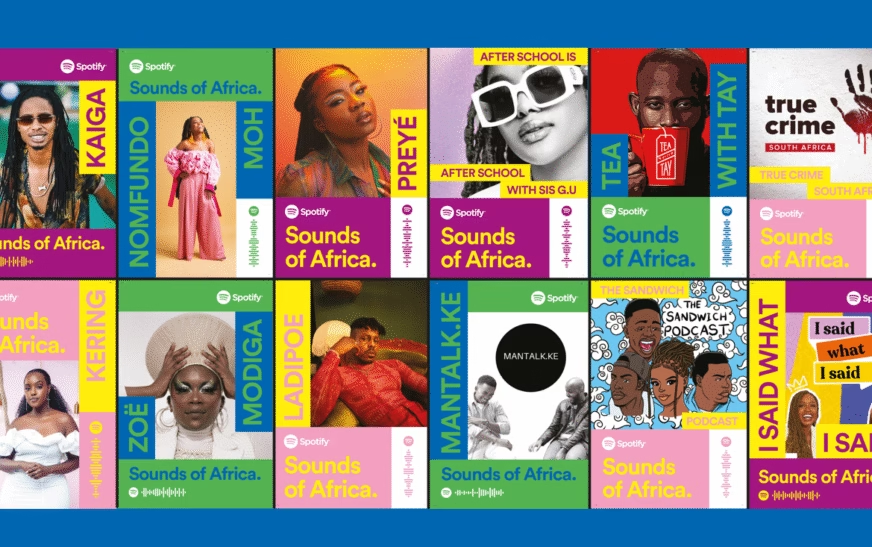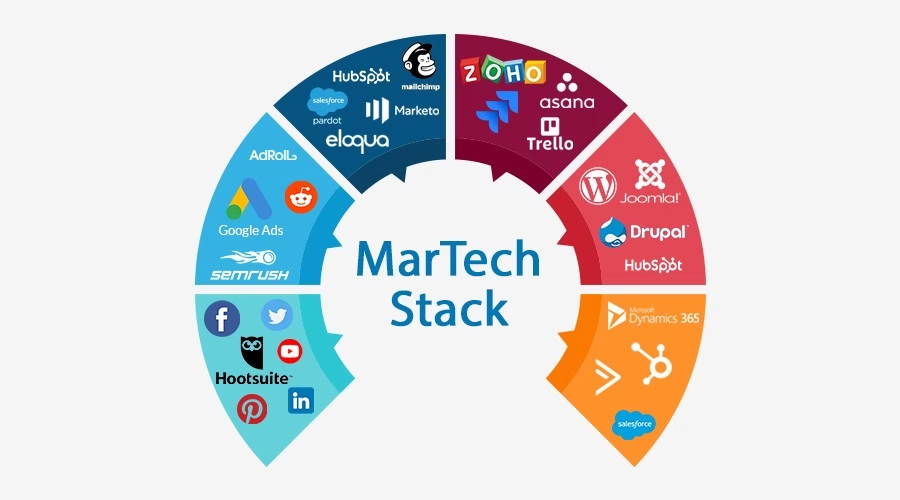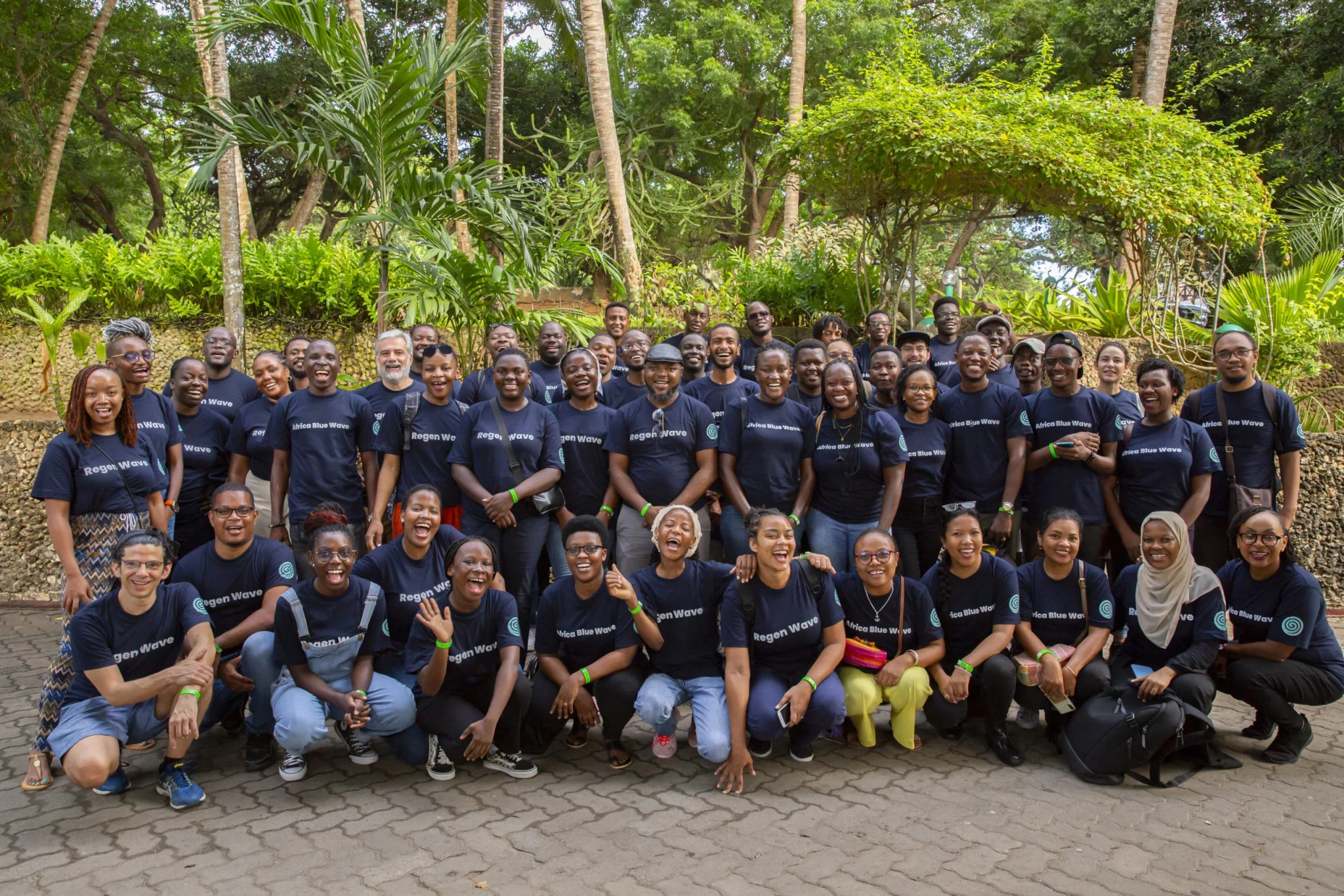Music has never travelled faster or farther. From Lagos to London, Nairobi to New York, a hit song can go viral in minutes, blurring borders and collapsing distance. The rise of global streaming platforms has opened a gateway that was once sealed shut for many musicians in emerging markets. But behind the playlists and chart-topping headlines lies a painful truth.
African artists may be getting streamed across the world. But they are not getting paid like it.
Streaming was sold to the world as the great equalizer. A democratized ecosystem where anyone with talent, a laptop, and a little luck could build an audience and earn a living. Yet the numbers tell a different story. In 2025, it is clear that music may have become borderless—but streaming income has not.
Tems’ manager, Muyiwa Awoniyi, recently dropped a truth bomb that rattled the music community. A million streams on Spotify in Nigeria will earn you roughly $300. The same million streams in Sweden could generate up to $10,000. The same song. The same artist. The same work. Vastly different value.
Burna Boy echoed the frustration in April. Despite being one of Africa’s biggest global stars, he was candid about how streaming success in Nigeria means little financially. “Being number one on any platform in Nigeria is not worth celebrating,” he said, calling attention to a system that applauds chart success without interrogating its real-world returns.
These are not isolated frustrations. They are a collective cry from a continent that has given the world sounds, rhythms, and genres that dominate today’s pop culture—and yet remains locked out of the economic upside.
At the heart of the issue is region-based revenue calculation. Platforms like Spotify, Apple Music, and YouTube do not pay artists a flat fee per stream. Instead, they calculate royalties based on the subscription revenue and ad revenue generated in each region. In high-income countries like the United States, Sweden, and Germany, users pay an average of $10 to $14 per month for subscriptions. Advertisers in those markets also pay a premium to reach listeners.
But in countries like Nigeria, where the average Spotify subscription costs around $0.50 per month, and where many users opt for free, ad-supported access, the revenue pool is thinner. That directly translates to smaller payouts for artists. Even a viral hit in Africa may struggle to generate more than a few hundred dollars unless it crosses into premium-listening markets.
This model punishes artists for where their fans live. It ties their earning power not to quality, not to creativity, but to global economic inequality.
In theory, global exposure opens doors. African music—Afrobeats, Amapiano, Bongo Flava, and others—is enjoying unprecedented global popularity. Burna Boy headlines Coachella. Tems sings on a Beyoncé track. Rema goes platinum in the UK. But the path to global streaming revenue remains narrow and often inaccessible to those not backed by major labels or connected industry managers.
Local hits do not always translate to international dollars. And millions of views or streams in African cities may not even cover the cost of recording a professional track. Visibility without viability is becoming the norm.
This also distorts fan perception. Listeners assume their favorite artists are making serious money once their songs rack up numbers. But the reality is that for every African artist with international placement or corporate brand deals, hundreds more are surviving off token revenue or gig-to-gig hustling.
This disparity is not just a financial inconvenience. It is a structural threat to the development of Africa’s creative industries. Artists who are underpaid cannot reinvest in their careers. They cannot afford studio time, professional marketing, or quality visuals. The cycle of growth is stunted before it begins.
Even worse, the continent risks losing its talent. Promising musicians, producers, and composers either abandon their dreams or move abroad to seek fairer compensation. What remains is a drained local industry, constantly romanticized in global headlines but underfunded and underappreciated where it matters most.
Without meaningful monetization, African countries will struggle to build music industries that support full creative economies—labels, agents, studios, publishers, and events—at the scale they deserve.
Some change is happening. Audiomack, which has a strong footprint in West Africa, recently launched monetization programs tailored for local artists. Boomplay has also ramped up its presence with artist support initiatives. Meanwhile, blockchain-based platforms like Sound and Royal are experimenting with artist-first royalty systems that bypass intermediaries altogether.
Other creatives are pivoting toward direct-to-fan models—building their own apps, selling exclusive content, launching NFTs, and creating fan clubs that allow superfans to support them directly. Brand deals, licensing, and sync opportunities are also emerging as lifelines for artists who cannot rely on streams alone.
But isolated innovations are not enough. The streaming economy itself needs rethinking.
There are questions that must be asked. Should streaming payouts be adjusted to reflect the global value of an artist’s catalog, not just the local economy of the listener? Should global platforms be required to subsidize royalty rates in emerging markets where cultural exports drive their growth?
Can African artists and entrepreneurs build alternative platforms—Africa-first, mobile-first, and equitable? Can licensing structures and digital infrastructure be shaped to put creators at the center, not at the edge?
Governments also have a role to play. Whether through policy, public-private investment, or education, there needs to be a continent-wide strategy for valuing creative work—just as there is for oil, telecoms, and agriculture.
The African Union, regional blocs, and national ministries of culture must stop treating music as a soft power asset and start treating it as a vital industry.
Streaming has made music borderless. But not fair. Not yet.
Africa’s rhythms move the world. Its beats dominate dance floors, TikTok trends, and global playlists. Yet the creators behind those sounds still face a harsh economic truth. Until streaming platforms, policies, and payment structures evolve, the very artists who fuel global music will continue to be the ones left behind.
So we must ask—who really benefits from the streaming revolution? And can the system be reimagined to honor not just the reach of African music, but its true worth?
The world is listening. It is time the world started paying. Properly.










